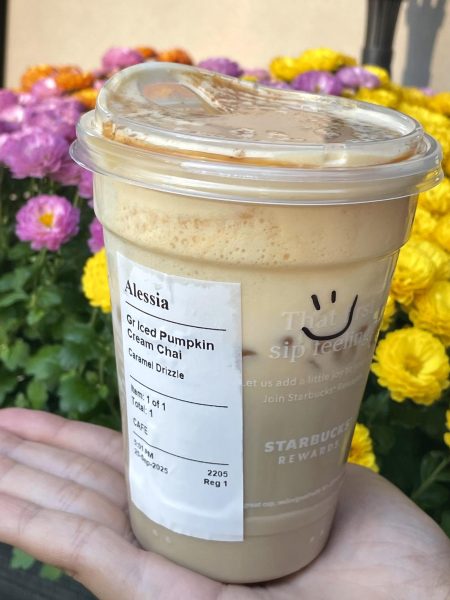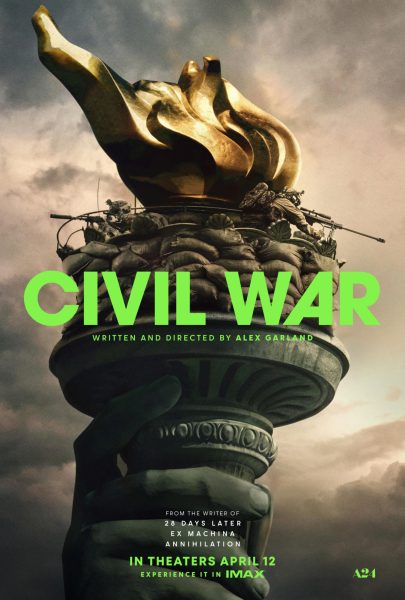The ethics behind Your caffeine: Where does your morning cup come from?
Coffee: the world’s greatest addiction. In 2010, the National Coffee Association reported that 54% of adults over 18 drink coffee daily, and that the United States spends 40 billion dollars on coffee annually. Due to such a large-scale consumption pattern, we have opened the door for unethical sourcing – because it’s cheap. As the population has grown, so has our dependency, and the door has gone from being opened to being ripped off its hinges.
Since coffee is so highly consumed, where it comes from and how it got to your mug is something you should question. A large percentage of the coffee industry is taking advantage of poor countries within the Coffee Belt.
When something is unethically sourced, it means the process of obtaining the good was done in a way that is bad for the environment, the process uses slave or slave-like labour, or the process utilizes child labour, among other possibilities.
Coffee is by no means the only good that comes from questionable sources. Two other industries that often have unethically sourced goods are chocolate and diamonds.
According to a 2015 The Guardian article, Nestle has “56 workers under the age of 18, of which 27 [are] under 15” on their cocoa farms in the Ivory Coast, even though they declared an end to child labour years previously.
According to TIME magazine, many jewelry companies still sell blood diamonds: diamonds that come from civil-war-ridden countries, and are often extracted by people forced into labour, despite several countries’ agreements to stop their entrance into the market.
While strides are being taken to encourage ethically-sourced products in many industries, most are still struggling to reach 100% ethically clean, and coffee is no exception.
Starbucks recently celebrated having reached 99% ethically-sourced coffee, but that means 1% of their coffee is still unethically sourced. Considering Starbucks has nearly 30,000 stores worldwide, that would be the equivalent of 300 stores selling only unethically-sourced coffee.
Danwatch, an independent Danish media group with investigative reporting teams, reports that Nestle and Jacob Douwe Egberts, two of the largest coffee companies, were supplied coffee by multiple plantations in Brazil that had “slavery-like working conditions.”
Dunkin’ Donuts, on the other hand, explains that 30% of its coffee is “Rainforest Alliance Certified.” They explain that this means the farms the coffee comes from are worked with and trained to protect the workers and the environment. However, this means 70% of their coffee may not be ethically sourced.
People are questioning where their coffee comes from and independent companies are popping up with entirely ethically sourced goods, like I Have A Bean coffee.
I Have A Bean is based in Wheaton, IL and receives all their coffee from one farmer they work with in the Coffee Belt. They also employ ex-convicts who have turned their lives around but are having trouble finding work because of their background. Read more about their beliefs and philosophy here.
Effective actions are underway to end unethical sourcing and trade, but only a dent has been made. So tomorrow morning, think: where did your coffee come from?




